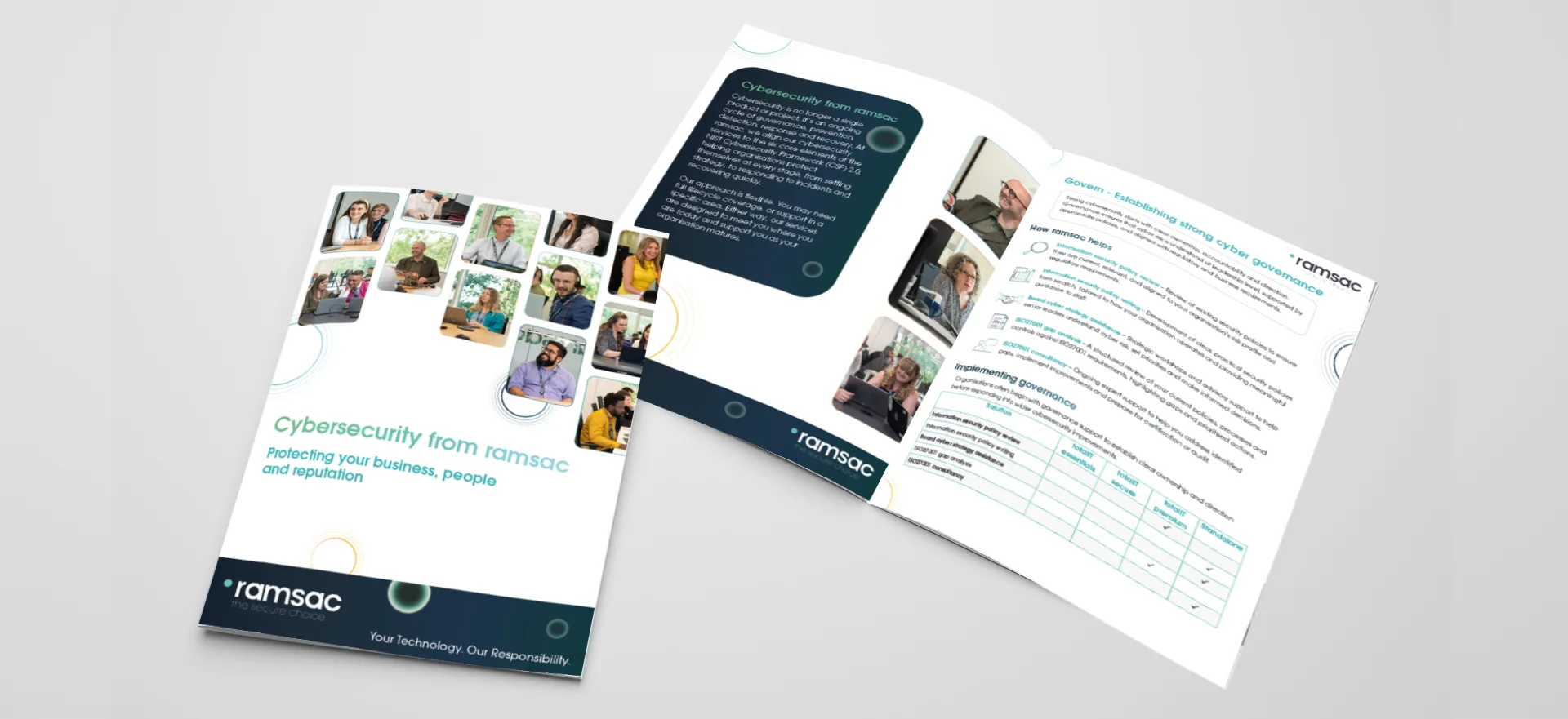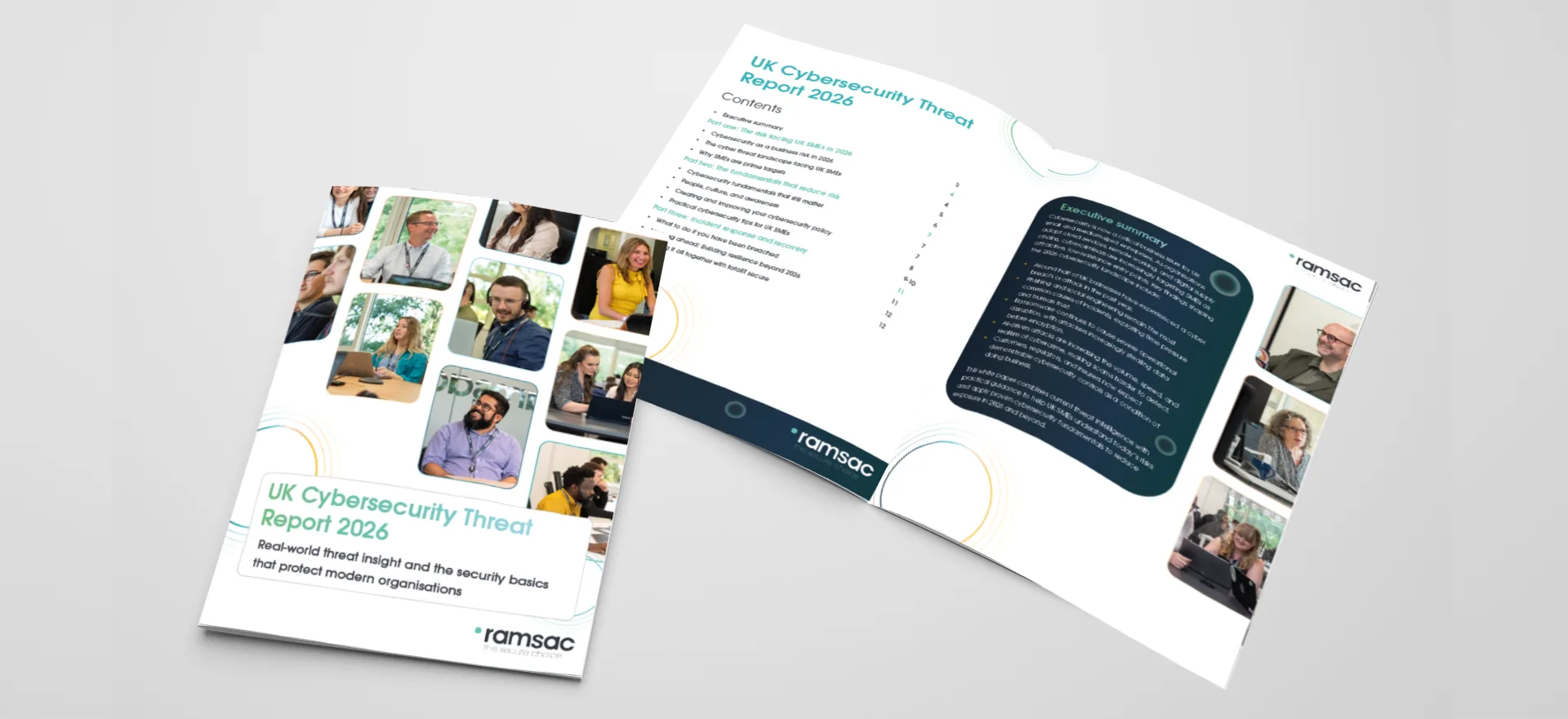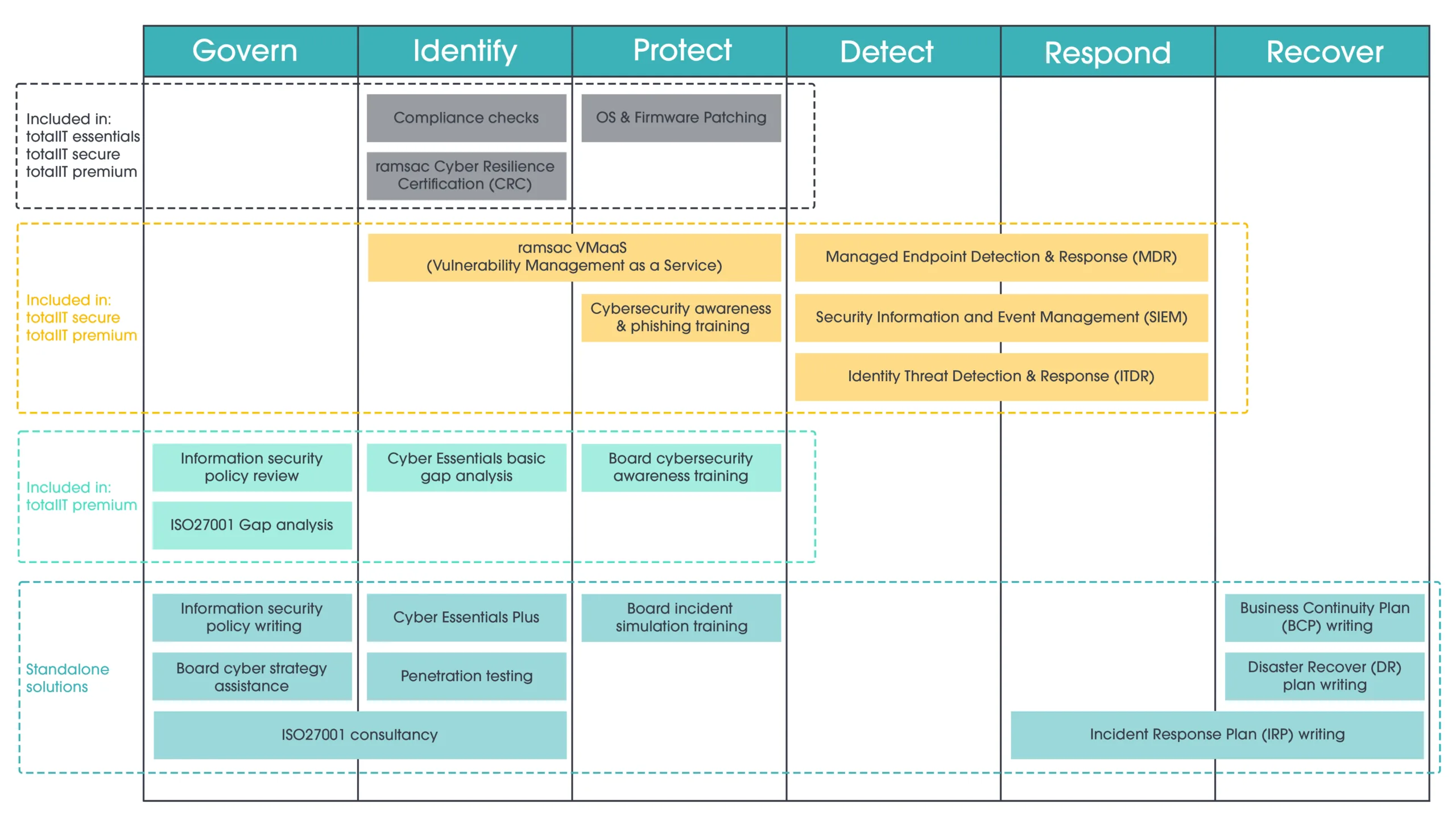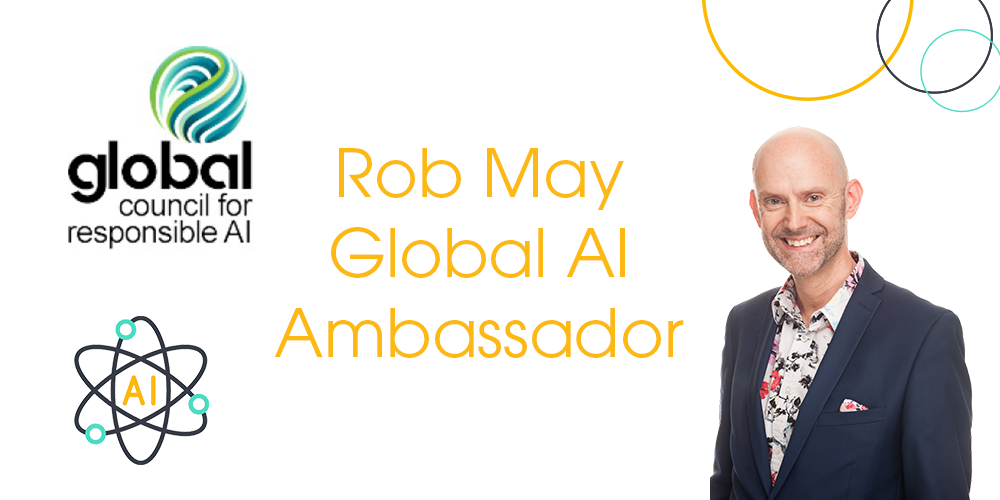AI is already reshaping the way we work, learn and live, but for many businesses, the pace of change feels overwhelming. New tools emerge daily, regulations evolve unevenly across borders, and ethical questions are often an afterthought. Amid this noise, the work of the Global Council for Responsible AI (GCRAI) stands out as focused, necessary and urgent.
The Council provides an inclusive platform for all to discuss, influence and shape the future of Artificial Intelligence. It is committed to ensuring that everyone has a meaningful voice in setting ethical principles, governance frameworks and policies that define how AI should be developed and deployed.
At its heart, the Council champions four key principles:
Promoting Inclusion
Ensuring that people from diverse backgrounds, races, religions and genders are represented in every conversation about the future of AI, from policymaking to product design.
Advocating for Responsible AI
Encouraging the ethical, fair and transparent use of AI through robust governance frameworks and international cooperation.
Empowering Professionals in AI
Providing access to opportunities, resources and peer communities so that everyone can contribute meaningfully to the development of AI and advance their own careers.
Shaping the Future of AI
Guiding the direction of AI development to ensure it supports the common good and adheres to principles that protect people, rights and communities.
You can learn more about the Council’s work at: Global Council for Responsible AI
My Role

I’m proud to share that I’ve recently joined the Council as a Global AI Ambassador, a role that aligns closely with my work as Executive Chairman here at ramsac and aligned to what I wrote about in my book Harnessing AI. A lot of my public speaking at the moment is aimed at helping organisations adopt AI with clarity, purpose and integrity. This appointment gives me the opportunity to support global collaboration, raise awareness of responsible AI and ensure that businesses, especially SMEs, have a voice in the conversations that shape our future.
What Businesses Need to Ask Themselves
Too many AI discussions still revolve around productivity and automation, without enough focus on ethics or accountability. If you’re running or leading a business, ask yourself:
- Are we building AI in a way that reflects our values, or just rushing to keep up?
- Do we know where the data comes from and whether it introduces bias into our systems?
- Who is accountable when AI makes a mistake?
- Are we involving a diverse group of people in our AI decisions?
- Are we ready for the governance and regulatory expectations coming from frameworks like the EU AI Act?
These questions are not theoretical. They are strategic. The way you answer them will shape your business’s trust, resilience and competitiveness in the years ahead.
What Comes Next
The GCRAI isn’t about slowing down innovation. It’s about ensuring the innovation we create is safe, inclusive and grounded in shared human values. It’s about building AI we can explain, trust and improve. As a Global AI Ambassador, I’ll be working to promote these goals across the UK and beyond, supporting the Council’s global efforts to build a better digital future.
Now is the time to act. AI will change your business. The only real question is whether it will change it on your terms.
If you’re thinking about how to navigate AI responsibly, or how to align innovation with values, we should be talking.


Take the ramsac AI Readiness Assessment
Our AI readiness assessment looks at what your organisation needs to implement AI, and provides you with clear guidance and support to make it happen.











